Investors have warned of Europe’s vulnerability to Donald Trump’s “America First” policies, contrasting the continent’s economic struggles with the animal spirits being unleashed in the US under the new president.
Trump’s plans for deregulation and tax reductions prompted a burst of enthusiasm from many US executives at the World Economic Forum in Davos this week, while on Wall Street the S&P 500 ended just shy of a new record high on Wednesday.
But the mood regarding Europe was far darker, with an executive at a major US bank warning of “peak pessimism” about the continent. The threat of US tariffs on Europe compounded the worries of executives and politicians at the Swiss gathering, and they warned that a rising US economic tide might fail to bolster sentiment on the other side of the Atlantic.
Christine Lagarde, president of the European Central Bank, said it was “not pessimistic” to say that Europe was facing an “existential crisis”.
Europeans had to be realistic, Lagarde told a panel discussion. “We are now getting this huge, big push, because another big player in the global economy is organising things in a different way, and is threatening some of the partners and the players with which that country was used to operate.”
Forecasts from the IMF this month sharply upgraded economic prospects for the US this year, predicting 2.7 per cent growth, far above the Eurozone’s predicted 1 per cent expansion.
The currency area’s biggest economy, Germany, has experienced two years of contraction and is forecast to expand by just 0.3 per cent this year, the fund said. Meanwhile the US took a record share of cross-border greenfield investment projects in the 12 months to November, according to preliminary data from fDI Markets, an FT-owned company.
“It’s pretty consensual that things are going really well for America and it looks really negative for Europe,” said the head of a large sovereign wealth fund. “People are worried about Germany and France’s lack of leadership, the advance of the far right, the regulation of AI and the strength of the union.
“The question is, is there enough of a crisis feeling to get Europe to rally? I don’t think so.”
The key risk in the US is that Trump’s agenda ends up stoking up inflation and preventing the Federal Reserve from lowering interest rates. The IMF warned of the risk of rising prices if Trump overstimulated the US economy while curbing the supply side of the economy through his immigration crackdown. A “boom-bust cycle” could follow in the longer term because of his financial deregulation drive, it said last week.
But such worries were overshadowed by the bullish short-term prospects, economists said.
“There’s been a big increase in animal spirits. You can see it in corporate sentiment, in consumer sentiment. There’s also a rising probability that taxes won’t be higher in 2026. That will be very good for aggregate demand,” said Mike Medeiros, macro strategist at Wellington Management.
While stronger US demand will benefit countries that rely heavily on exports to the US, investors in Davos spoke of the risk that growth in Europe might undershoot already dismal forecasts.
Strained public finances in countries, including France and the UK, could leave them exposed to a further jump in longer-term borrowing costs driven by tax cuts in the US, they added.
“The sovereign debt issue is really important. You see what it did to the UK a couple of weeks ago and the constraints that it puts on,” said Kasim Kutay, chief executive of Novo Holdings, the $187bn investment company of the Novo Nordisk Foundation.
Ursula von der Leyen, European Commission president, told the WEF that the EU and US should negotiate to preserve trade relations, given that with trade volumes between them at €1.5tn and massive transatlantic investment, “a lot is at stake for both sides”.
Brussels hopes that threats of steep tariffs will be a precursor to deals that avoid some of those barriers, as they did in Trump’s first term. But the gulf with Brussels was in evidence this week as Trump announced the US’s departure from the Paris climate agreement, a cornerstone of EU policy, and the World Health Organization.
The European economy had shown “resilience” in the face of shocks such as Covid-19 and the energy price surge following Russia’s invasion of Ukraine, said Valdis Dombrovskis, EU economy commissioner. But he acknowledged that a deeper fragmentation in the global economic system would be “very costly for the EU, given the EU is a trading superpower”.
At the same time, a deregulation drive in the US could further dent European competitiveness if governments fail to marshal an effective response.
One big global investor said they felt von der Leyen had been underplaying how difficult it would be to harness and galvanise a group of nations with widely varying views.
“There needed to be a much more honest discussion about EU bureaucracy, obsessive regulation and the disparate views among a large number of countries,” they said.
Regulation of technology and artificial intelligence will prove to be a key test, executives said.
“One thing that is going to guarantee that the continent is going to subside further into museum status is just taking a doctrinaire, conservative approach to regulation and not being open to the fact that maybe as technology evolves, Europe needs to evolve with it,” said one technology executive.
Carlos Cuerpo, Spain’s economy minister, told the Financial Times he had come to Davos to counter the view that Europe was moribund, touting his country’s own stellar record, after it outpaced US performance last year with estimated growth of 3.1 per cent and record job creation.
“We are fighting that perception, because it is important that there is a positive message coming from the EU,” he said. He emphasised the need for urgency in proceeding with “our own road map”, referring to the competitiveness report of former ECB president Mario Draghi.
But European officials struggled to project that positive message to executives in the Swiss resort. “The sentiment here is just how negative European CEOs are on Europe,” said the US banking executive. “There is a stark contrast to the US, where it is all about animal spirits and euphoria.”
Asked if the election of Trump represented a wake-up call for Europe, Lagarde replied: “I respectfully think that it does.”
Additional reporting by Stephen Morris and Arash Massoudi in Davos and Claire Jones in Washington
Data visualisation by Stephanie Stacey, Keith Fray, Ray Douglas and Alan Smith

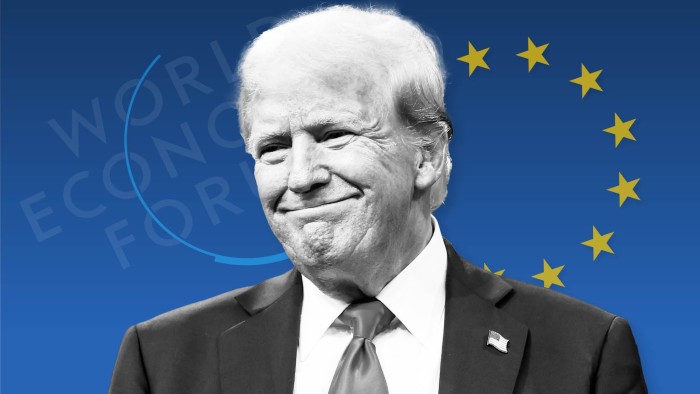






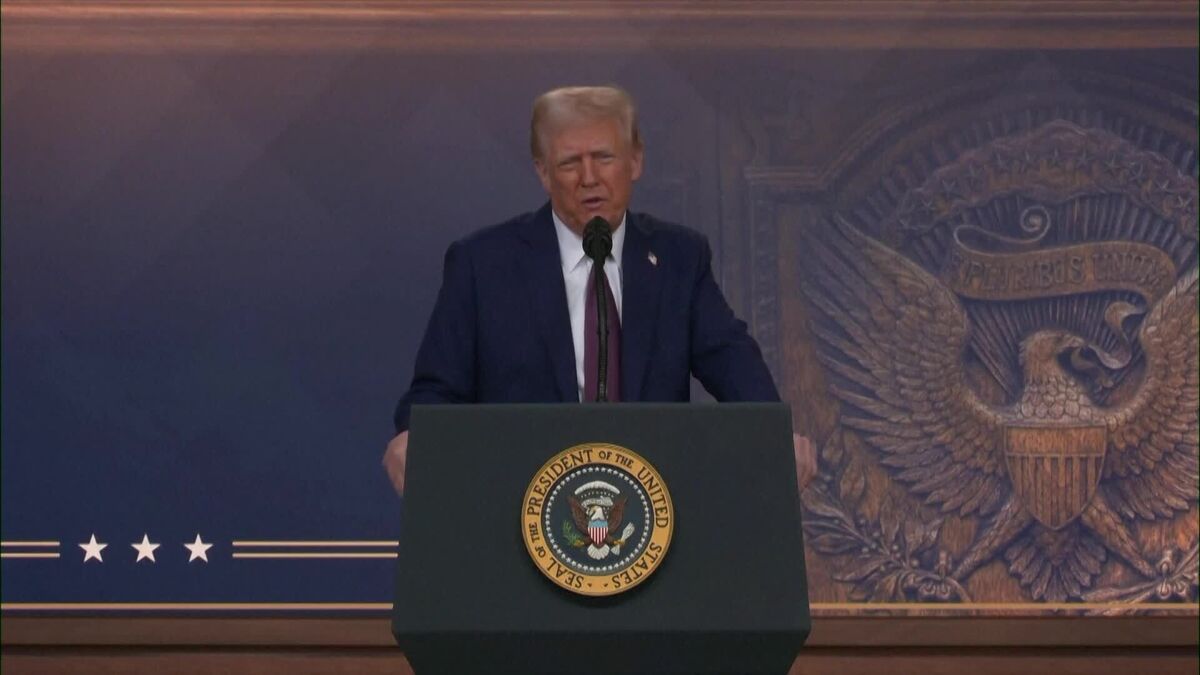


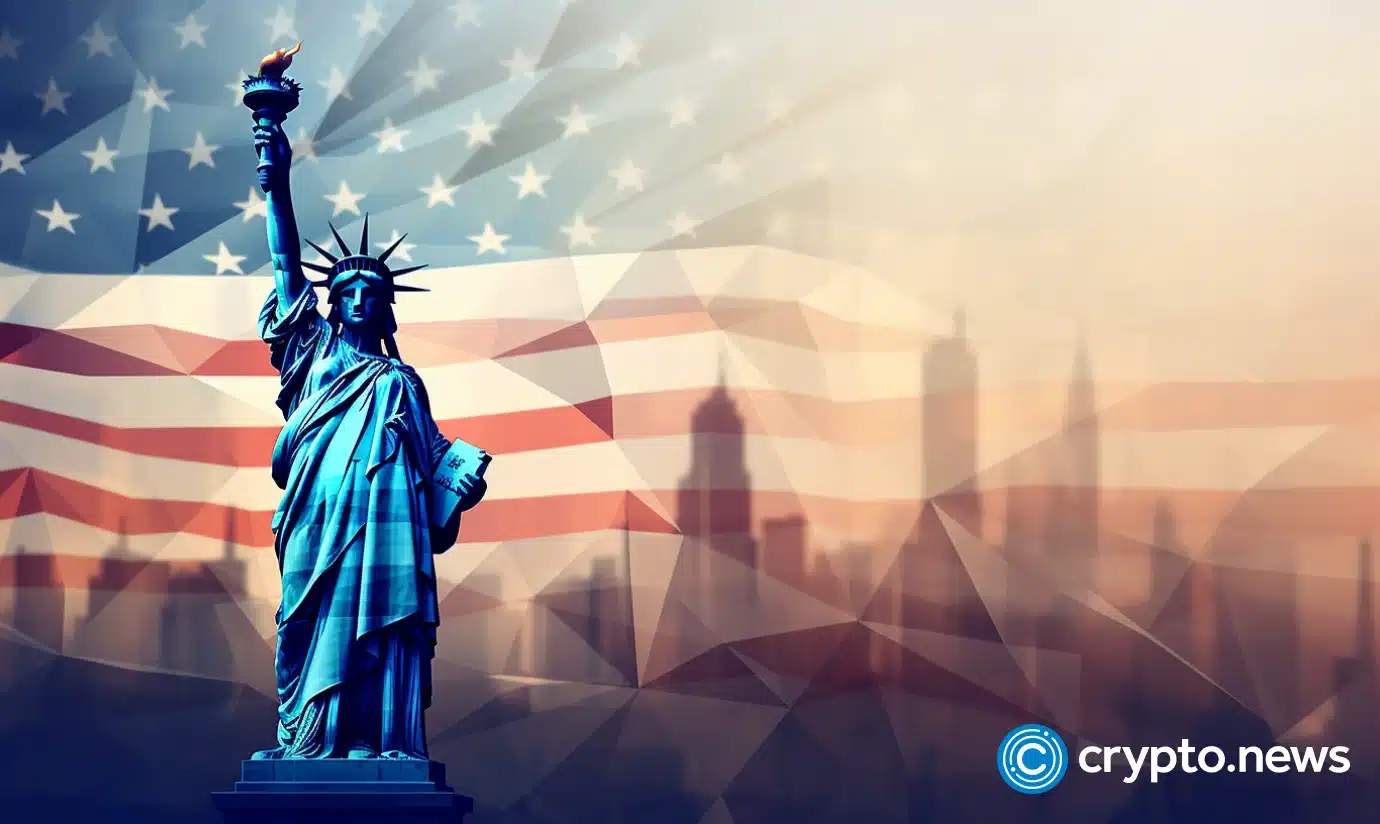
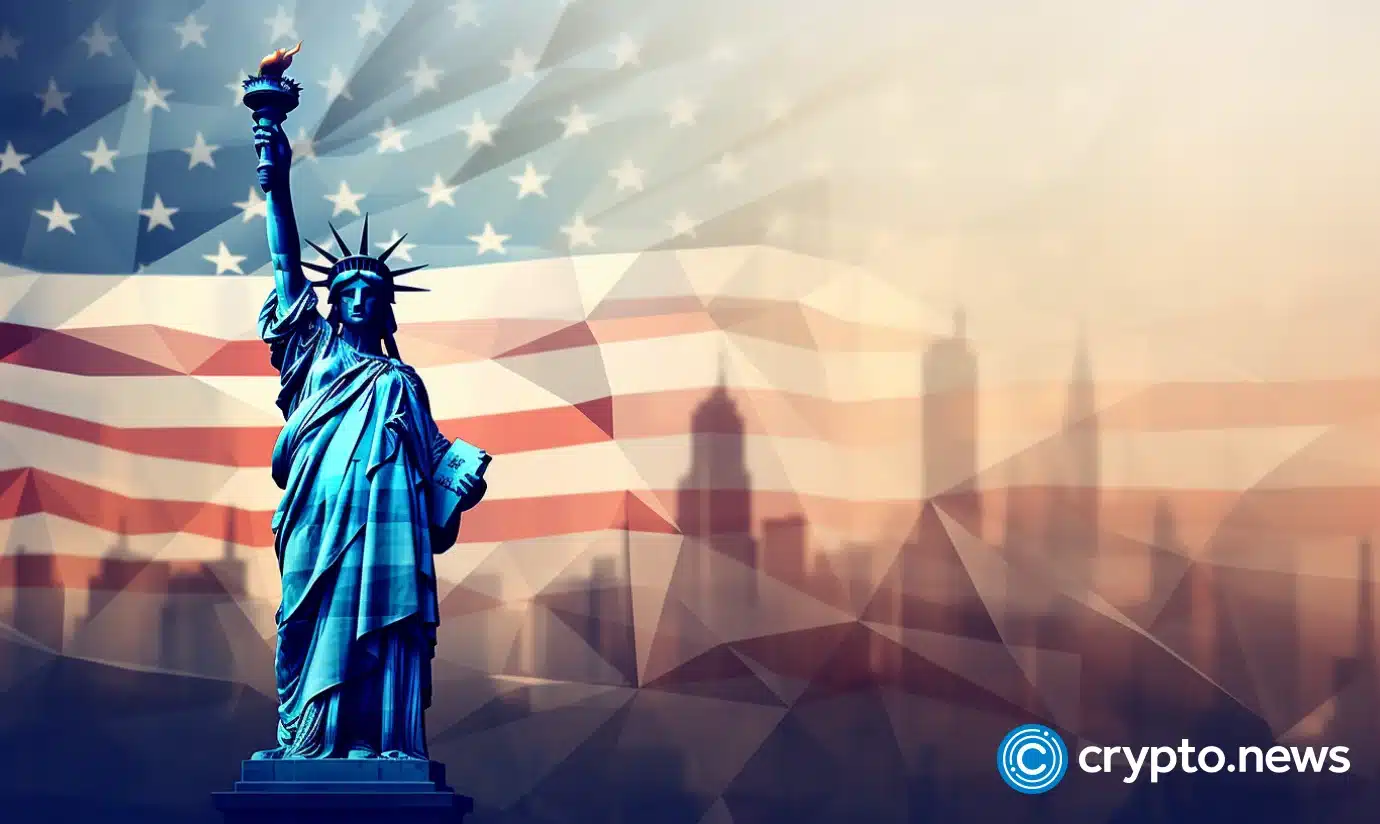
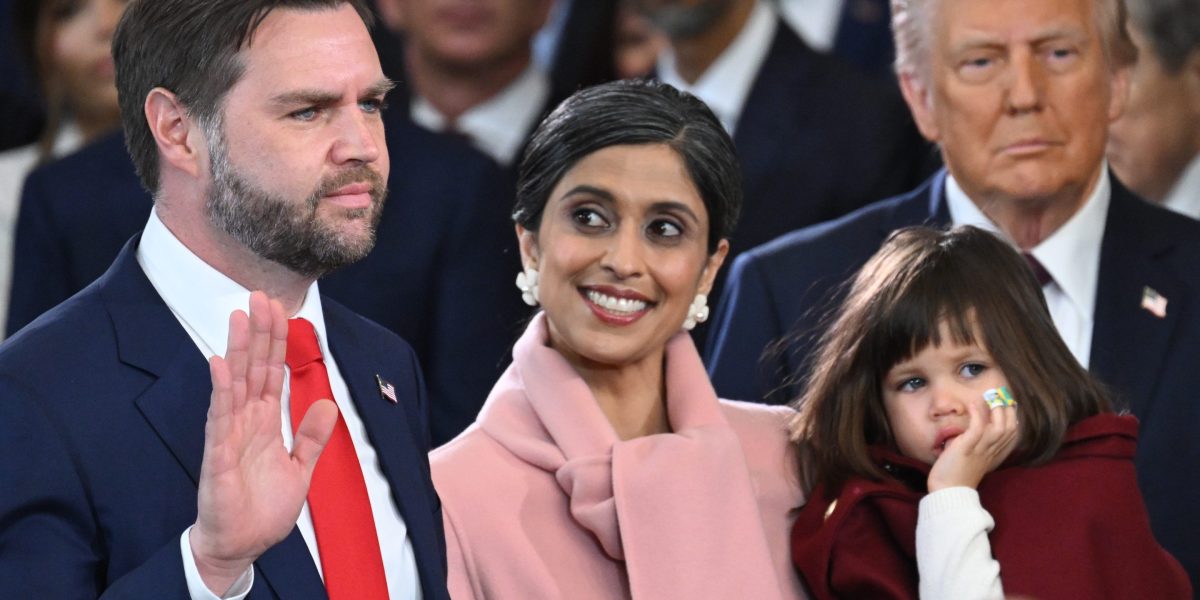






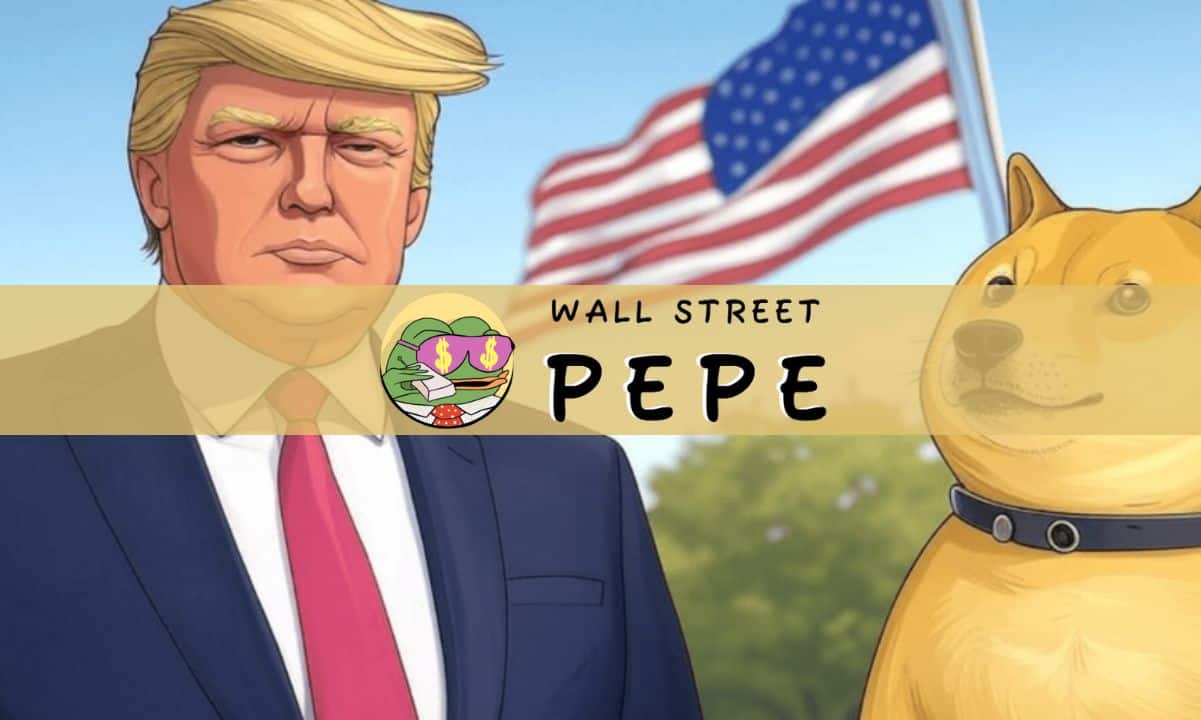

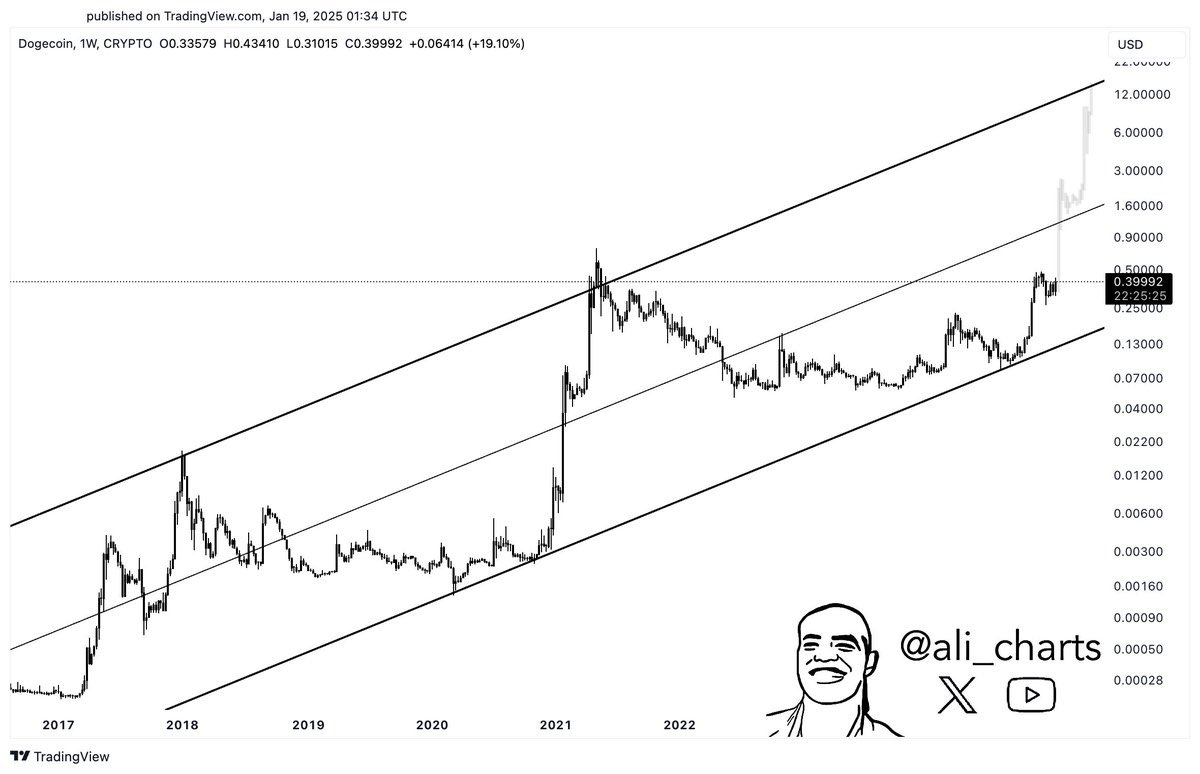
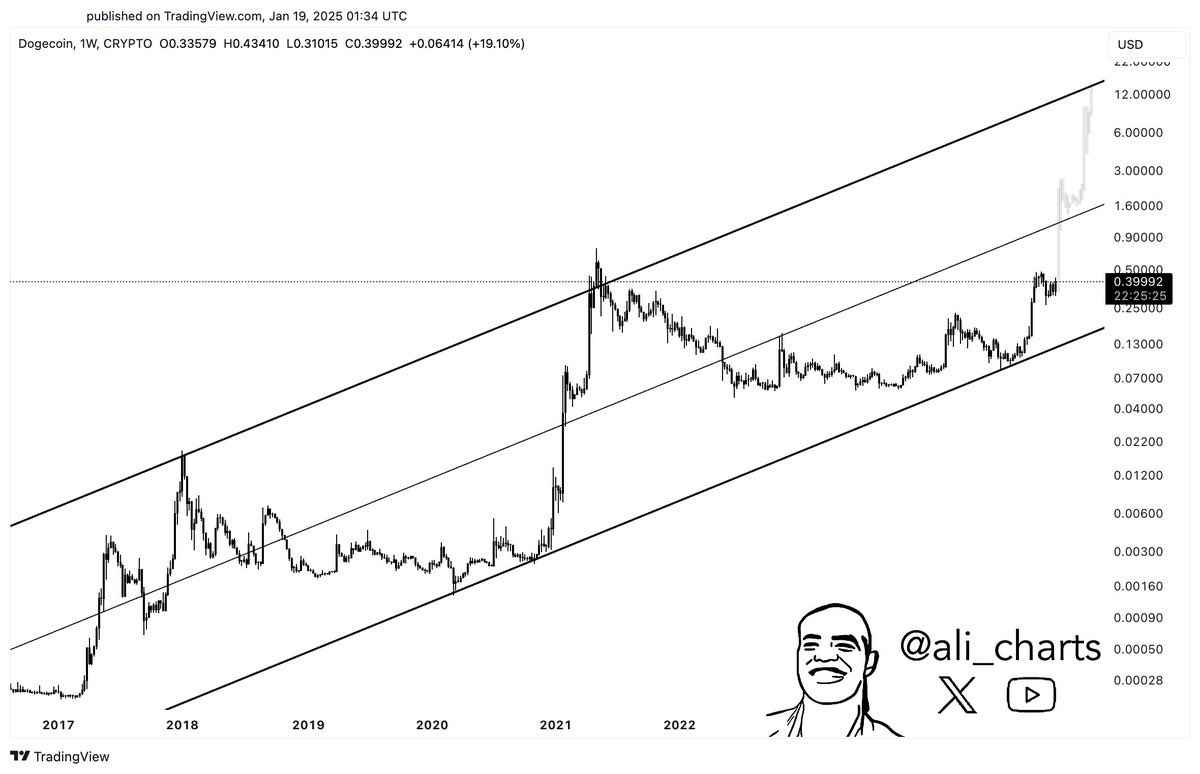
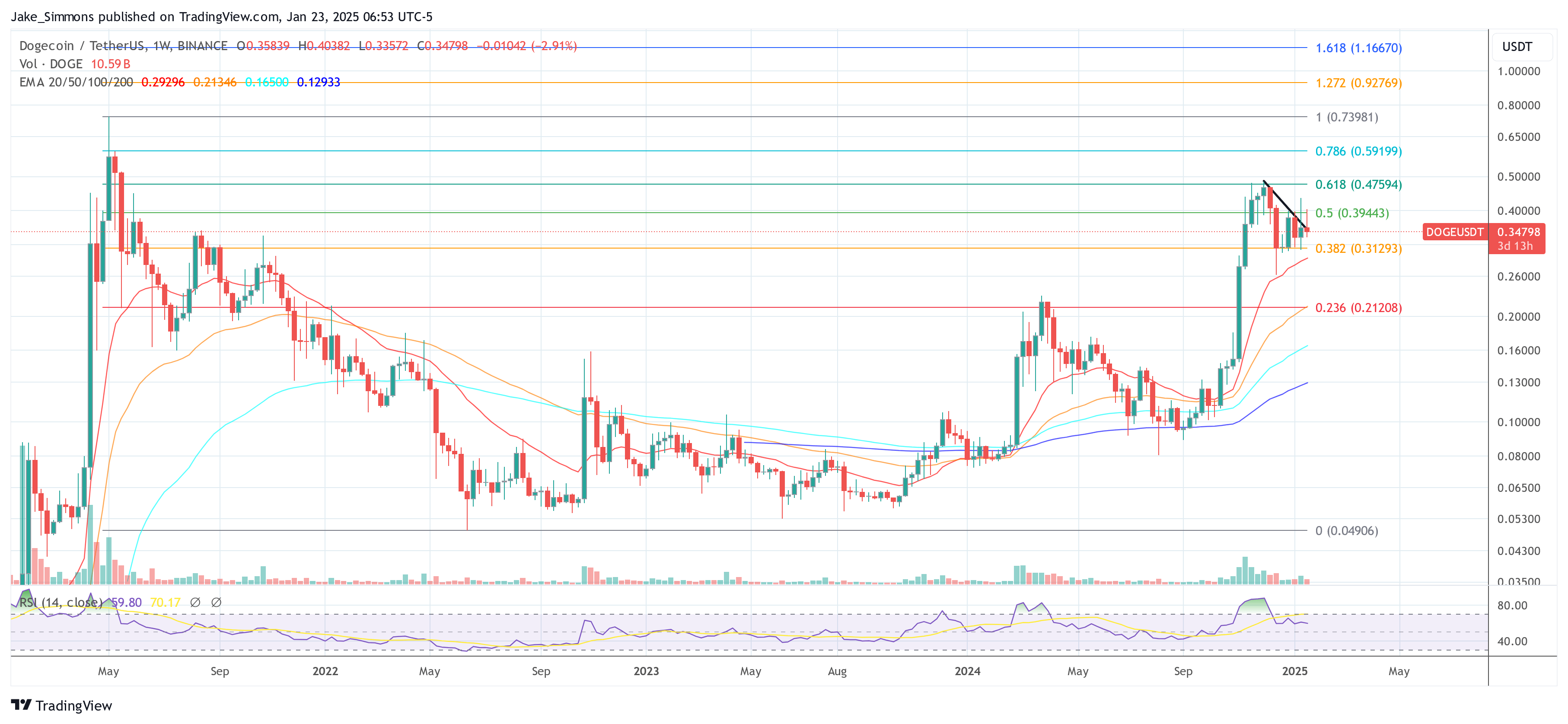














You must be logged in to post a comment Login